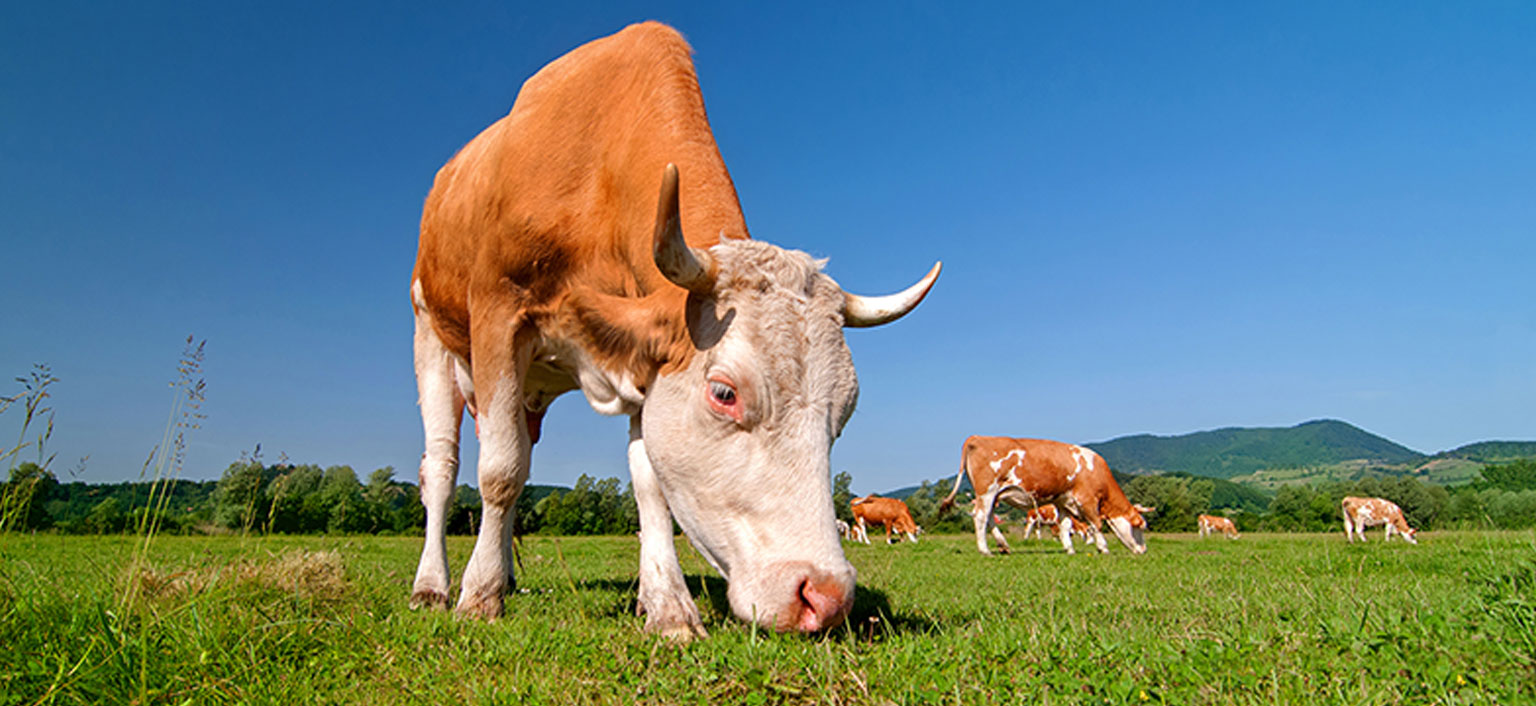
VetIMPRESS – Improving vaccinations and treatments against calf scours
As a provider of technology solutions that help farm vets optimise results, VetIMPRESS leverages the power of animal data and technology to assist sustainable farming practices that primarily safeguard the well-being of animals and enhance farm productivity. An area that can impact animal well-being and farm productivity is scours. As spring block calving is taking place, there’s no better time to look at how VetIMPRESS can be used to improve vaccination programmes and treatments against diseases such as calf scours.
Focus on Calf Scours
With stock losses and setbacks in growth rates, scours can be a serious and costly disease. Healthy calves need a source of protection through antibodies in colostrum. The more antibodies a calf is given, the more immunity it has. Colostrum does not always provide enough antibodies and therefore vaccination of the mother pre-calving helps ensure high levels of antibodies are passed to the calf. With vaccination typically taking place any time between 12 and 3 weeks before calving, this means all cows calving over a 9-week period can be planned and vaccinated on a single day.
How can VetIMPRESS help with calf scours?
Do you want to produce the best results from routine vaccinations, develop protocols to optimise vaccination success and increase the number of animals in your care who receive these important vaccinations?
Here’s how VetIMPRESS can help improve vaccination programmes and treatments against diseases such as calf scours:
- Use the task scheduler to agree a vaccination calendar with farm clients. Vaccination events will automatically appear in both vet and farmers calendars.
- Before vaccinations are due send timely and automated reminders to farm clients via SMS or email, ensuring vaccinations are less likely to be missed.
- Use the lab case feature to track lab work including the laboratories samples were sent, the date sent and the date results are expected. Receive results straight from the lab to share instantly with farmers.
- Easily identify animals who have not received vaccinations
- Finally, record scours cases and treatment results within the ‘Calf Health’ section. This information can be used to better advise farmers on effective treatment protocols for subsequent years, minimising the impact of scours on the client’s farm in the future.

